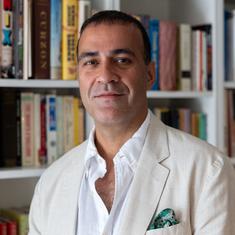India faces a deepening water crisis, warn UN and advocacy group
The country is home to the highest number of people in the world without access to clean water, WaterAid said.

The United Nations World Water Development Report, which was released at the eighth World Water Forum in Brasilia on Monday, paints a stark picture for India, which is facing a deepening water crisis. This crisis will intensify by 2050, the report stated, when 40% of renewable surface water resources will be withdrawn in many parts of central India. The water crisis may worsen even in the Gangetic plain.
“Even though large-scale groundwater recharge programmes have been operating in India for decades, the focus has been on water-scarce areas with no real emphasis on flood risk management,” the UN pointed out. “Highly flood-prone basins such as the Ganges are now showing clear signs of groundwater depletion.”
Global advocacy group WaterAid in its report for 2018 has revealed that India is home to the highest number of people – 16.3 crore – in the world without access to clean water. Though India is the world’s “most-improved nation” after China for reaching the most people with clean water, it “faces challenges with falling groundwater levels, drought, demand from agriculture and industry, pollution and poor water resource management”. These challenges will intensify as climate change contributes to more extreme weather shocks, the organisation noted.
Inequalities in wealth and power, attitudes in society and culture, and limited resources mean they are also hardest to reach... Gender intensifies this inequality; it is mainly up to women and girls to find and fetch water, or to find ways to adapt when it is scarce.
— WaterAid
People’s access to clean water is dependent on their caste, class, political affiliation and other factors,” Mint quoted Vinash Kumar, the director of programmes and policy at WaterAid India, as saying. “Some of the most marginalised communities in the country suffer from access to clean water and thus are vulnerable to a wide range of struggles and it is our responsibility to ensure that no one is denied safe water ever.”









